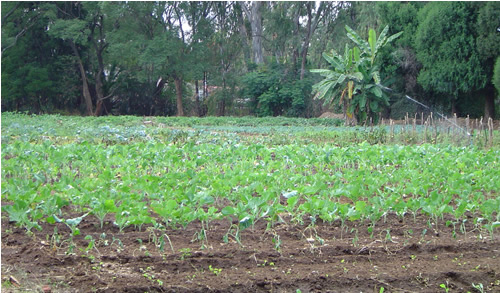An important book that takes a critical look at the state of democracy in Zimbabwe was published early this year and is an invaluable tool in assessing our political landscape as the country eyes elections later this year. Compromise or Compromised? An Assessment of Democracy in Transitional Zimbabwe published by the now defunct Institute for Democracy in Africa (Idasa) “is intended to set the benchmark for democracy to be measured against in the future” and “the hope is that citizens…can use the Democracy Index to assess and debate the state of their democracy” (p.1).
Kudakwashe Chitsike, who co-edits the book with Amy Eaglestone, writes that the “purpose of this book is to analyse the state of democracy in Zimbabwe since the signing of the Global Political Agreement” (p.2). It uses Idasa’s Democracy Index and scores each question addressed by contributors between 1-10:
1-4 / inadequate or falling short of the democratic ideal
5 / stable but insufficient
6 / stable and inadequate
7 / improving
8-10 / excellent and also close to the democratic ideal
It can only be hoped that as we approach elections, attitudes by political elites toward the electoral processes do change as scores in the Elections and Democracy Index did not inspire any confidence in these processes. For example the question “do all citizens believe that their vote is secret” scored 2 out of a possible 10! Then, “to what extent do citizens believe that the electoral system reflects the will of the people” also scored 2 out of a possible 10!
Chitsike explains that “this Index is different from previous democracy indices … as it looks at democracy in the perspective of gender… In Zimbabwe, participation in democratic processes for women is an uphill battle as the domination of women practiced at family level is carried into the public arena.” (p5).
This therefore is a welcome book especially now when the new Constitution seeks to mainstream gender and bring more female visibility to the country’s body politic. It is also a welcome addition to the body of knowledge of the country’s false steps to inclusive politics and democratic processes as it will be used a reference point for checks and balances in keeping vigilance on any false promises the political elites make to the citizens.
The book is divided into five sections, namely Participation and Democracy which scores a low 3.4 average, Elections and Democracy (2.9), Accountability and Democracy (2.2), Political Freedom and Democracy (2.9) and Human Dignity and Democracy (3).
The two editors and six contributors are drawn from diverse backgrounds that include human rights, law, development and their rich field experience offers refreshing insights into contemporary Zimbabwe’s political landscape. It will be a useful tool for anyone who seeks to steer the country from the opprobrium it has attracted in the past 15 or so years and make informed decisions that indeed seek to create a better Zimbabwe. It’s not too late.











